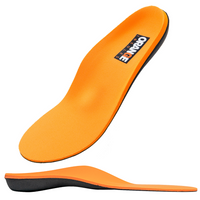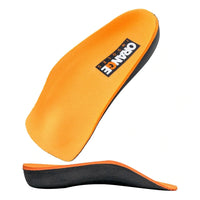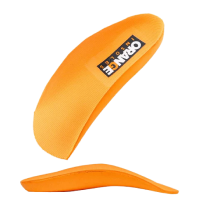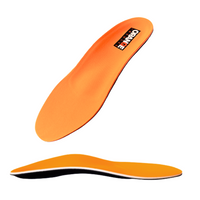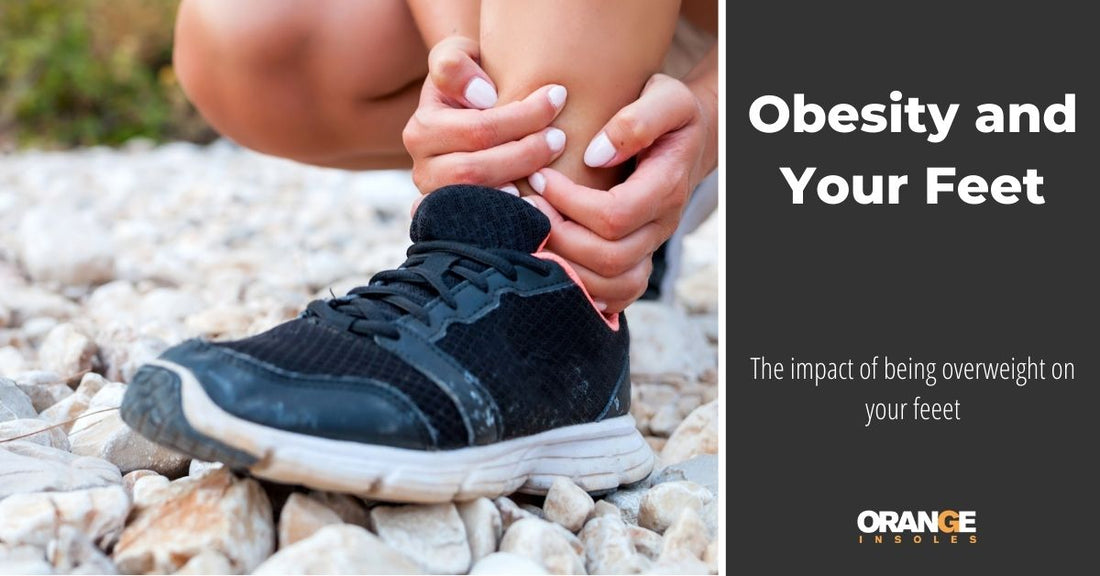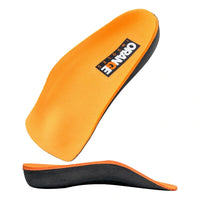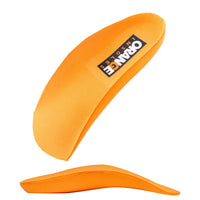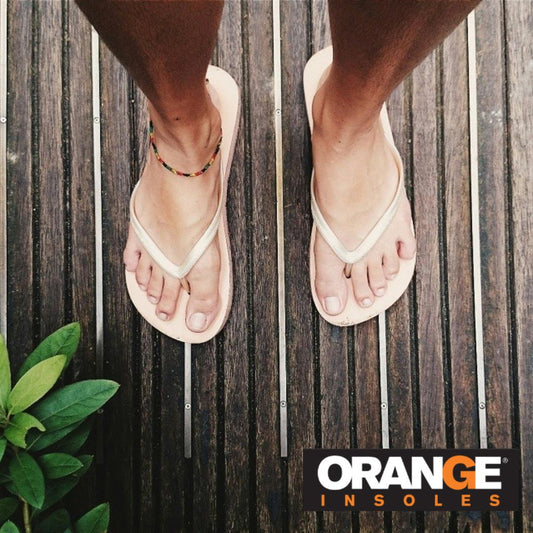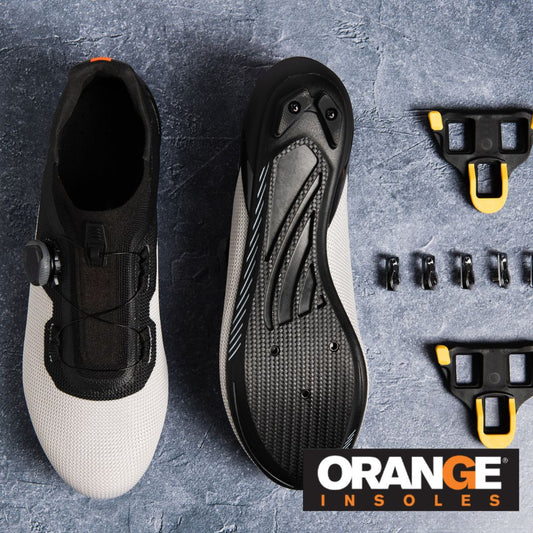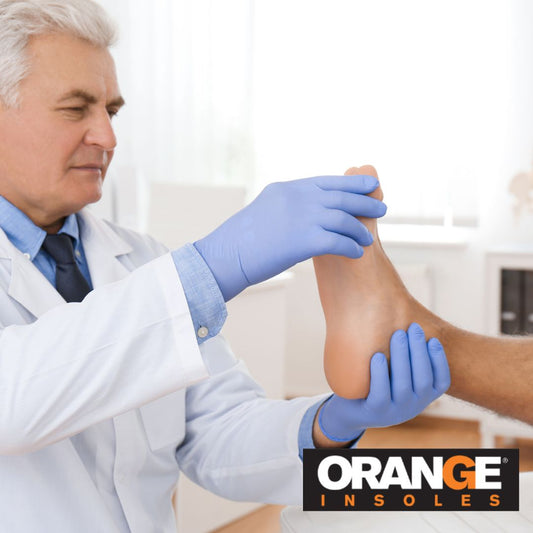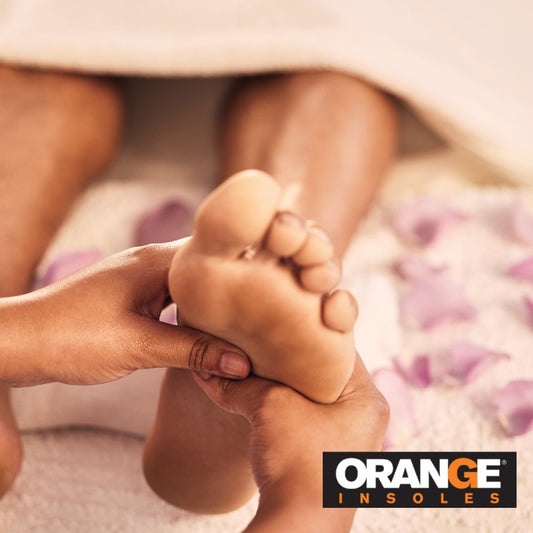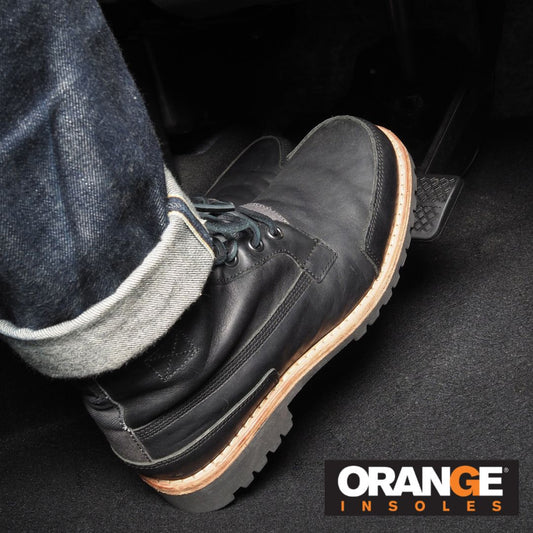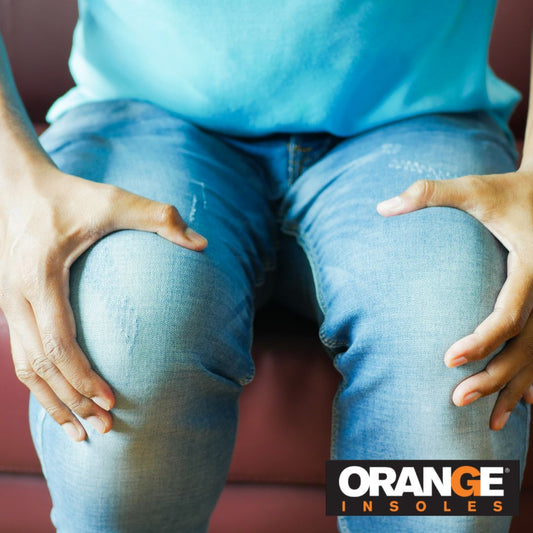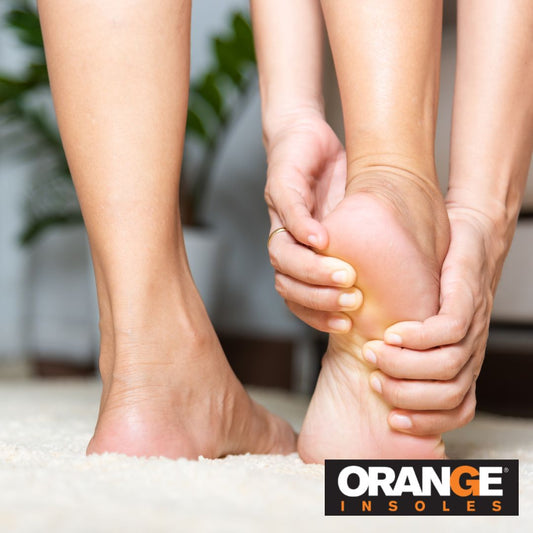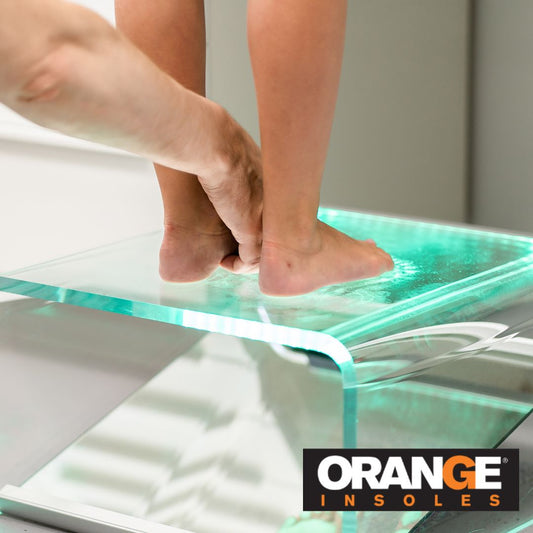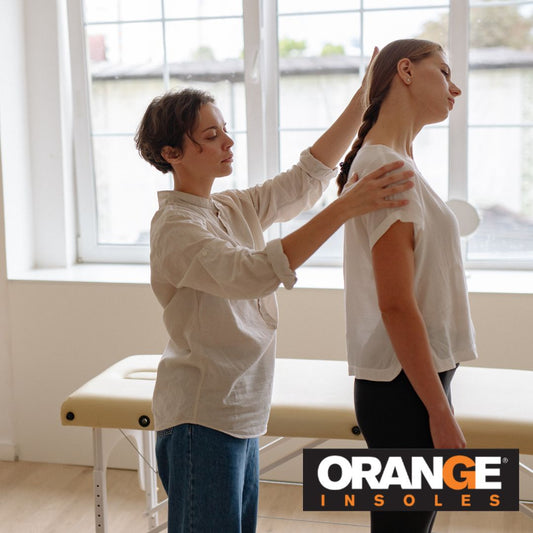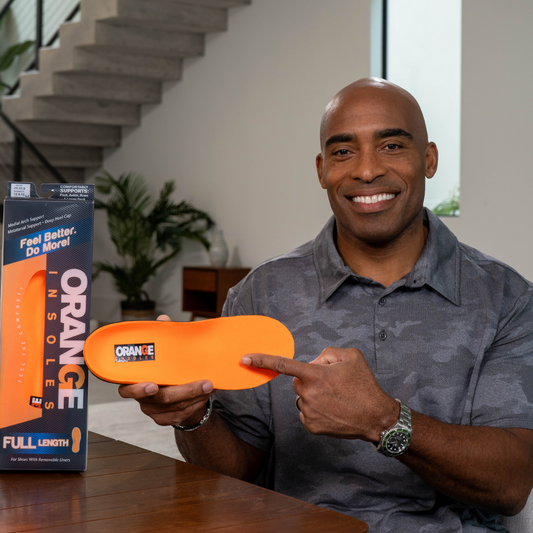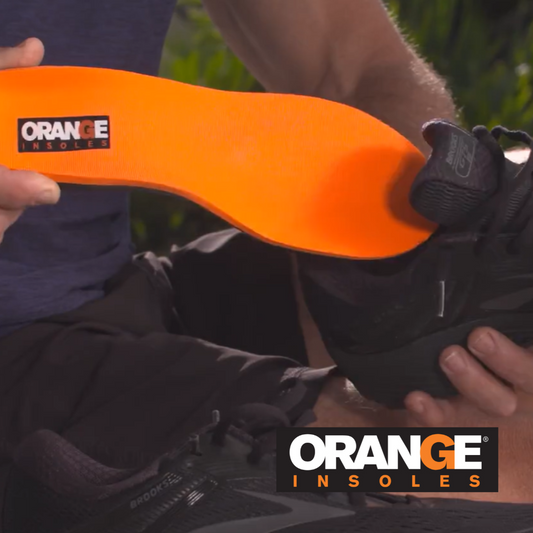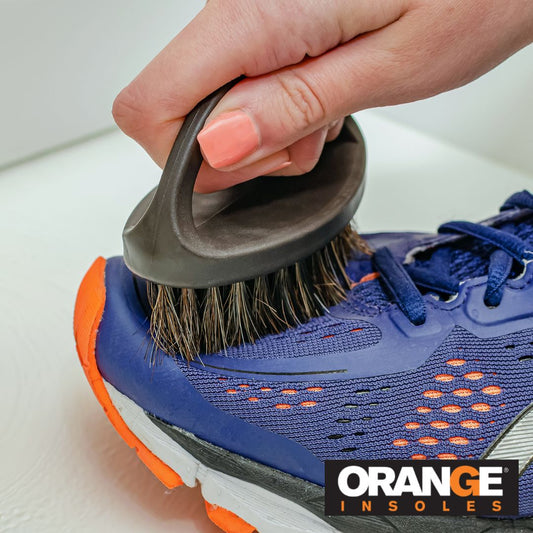Did you know that, currently, up to one-third of the U.S. population is considered obese (defined as a body mass index greater than 30)?
This post is not meant to be a judgment or even a plan to help you lose weight. We just love feet and want to raise awareness around the types of things that can cause different foot issues…and obesity is one of those things.
So, let’s talk about obesity and your feet.
Why Does Obesity Impact Your Feet?
Our feet support the weight of our entire body all day long. When we’re not aligned, they feel the brunt of it (one part of the foot experiences more pressure than another). Imagine adding more weight to that scenario. Our feet were designed to support carry the average weight for your body type, not more.
Many studies have found a direct link between increased BMI and foot problems. Just one pound of weight (above your ideal weight) can increase pressure on your hips, knees, and ankles by as much as eight pounds. When you walk up an incline or stairs this pressure on the ankle increases by four to six times.
This increases the wear and tear our feet normally experience and ups the likelihood of developing problems like arthritis, tendonitis, and heel pain.
Foot Problems Caused by Obesity
Changes to Their Shape
Access weight on your feet can cause them to “splay” and result in a flattening of the arch, or flat feet. If a child is overweight and the bones haven’t hardened, a flat arch can change the whole structure of the foot.
Flat feet can cause discomfort in the calf and lower legs, and eventually pain in the knees, hips, and lower back.
Pronation
Pronation is often a direct result of fallen arches. Pronation is a condition where people stand or walk not with their feet flat on the ground, but slightly on the side. This causes the heels to move outward and pushes our ankles closer together.
Untreated pronation can cause:
- Swelling of the ligament that connects the heel to the toes. This is one of the most common side effects of obesity on feet and can result in sharp pain throughout the foot
- Pain extending up the leg, particularly in the shin
- Pain in the knees, hips, and back
- Chronic pain throughout most of the body
Osteoarthritis
Osteoarthritis in the most common form of arthritis and is caused by stress to the joints and excessive wear and tear. Extra pressure on the joints, caused by being overweight, will increase your chances of developing osteoarthritis.
Symptoms of this condition include stiffness, pain and, inflammation.
You might also experience hindfoot arthritis, inflammation in the back part of the foot.
Plantar Fasciitis
The Plantar Fascia is a fascia along the bottom of the foot. It’s quite literally what puts the spring in your step! The extra pressure and stress placed on muscles, joints, and tendons in the feet by extra body weight can trigger plantar fasciitis. When this tissue is inflamed from that extra pressure it will cause pain and stiffness when walking or climbing stairs.
Vicious Circle of Inactivity
Obviously, the best way to solve a weight issue is through consistent activity and movement. But when your feet hurt, you’re considerably less likely to want to move. This lack of activity can result in further weight gain, creating a vicious cycle. Unfortunately, there aren’t a lot of ways to solve this problem outside of just moving anyway.
If you’re in a place where activity would be helpful but is difficult due to pain, our advice would be to start small (but you should always consult a doctor before starting an exercise if your health is a concern!).
Small Ways to Get Active
This isn’t a piece on how to lose weight but we do feel it’s important to make choices that lead to healthier lifestyles so we can’t talk about what obesity can do to your feet without talking about small ways you can start to move into a healthier lifestyle.
- Walk (short distances and adding more and more)
- Stand when working
- Take the stairs instead of the elevator (even if you start with one floor)
- Walking meetings
- Pace when on the phone
- Try yoga
Get the Support You Need
If you’re overweight or worried you might be, you might need to get help from your doctor to work out a weight loss plan that meets your lifestyle.
When you’re ready to get moving and your doctor says it’s ok, you’re going to need support not only from your friends and family but for your feet. The right footwear is so important when starting any type of workout routine but even just walking or standing more can have negative impacts if you’re misaligned. Adding an insole to your favorite shoes before walking, running, or even standing, can give your feet the support they need as they start to adjust to more (and different types) of activity.
